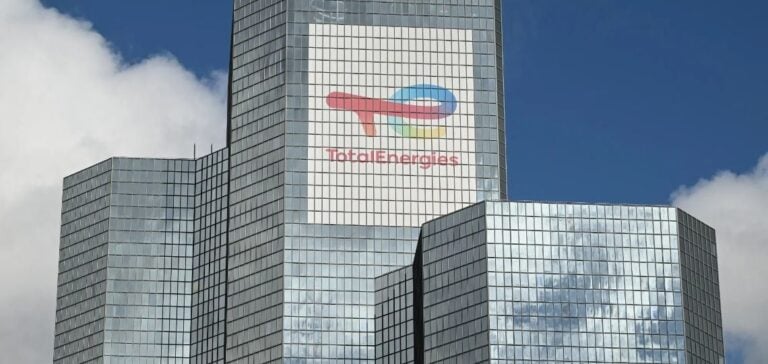Chinese company Sinopec and French multinational TotalEnergies signed a preliminary Heads of Agreement (HOA) on November 4, 2023, for the supply of liquefied natural gas (LNG). This agreement involves 2 million tons per year, with deliveries set to begin in 2028 and a duration of 15 years.
According to sources close to the negotiations, the price discussed is below 12% of crude oil prices. This would set a historically low benchmark for a long-term contract of this scale in Northeast Asia. However, the price is still under negotiation and could change before becoming a definitive Sale and Purchase Agreement (SPA).
Flexibilities at the Heart of the Negotiations
The discussions include flexibilities allowing sellers to adjust certain terms. For example, TotalEnergies could benefit from cancellation options for up to four shipments per year, a mechanism that reduces the overall discussed price. This type of concession, common in today’s LNG market, gives sellers more control while offering a reduced cost to buyers.
Other forms of flexibility are also being considered, such as the choice of delivery windows or quality adjustments. These elements reflect the evolution of LNG market practices, where contracts increasingly include maneuvering space to respond to global market uncertainties.
A Turning Point for the Asian Market
If finalized, this agreement will mark a new low for long-term LNG contracts in Asia. Previous agreements in the region generally ranged from 12.5% to 13% of crude oil prices. This decline reflects expectations of a global LNG supply surplus by 2028.
TotalEnergies, whose LNG portfolio amounted to 44 million tons annually in 2023, is focusing on diversification to reduce its risks. Since 2021, the company has signed long-term contracts for over 15 million tons of LNG, often indexed to oil or the U.S. Henry Hub prices.
Strategy and Risk Management
The flexibility included in these agreements allows TotalEnergies to minimize risks related to fluctuations in LNG spot prices. If spot prices rise above long-term contract levels, the company can exploit these maneuvering margins. Conversely, if spot prices fall below contract prices, long-term contracts act as a safety net for the company.
This approach aims to prepare TotalEnergies’ portfolio for the anticipated supply surplus around 2027-2028 while maintaining options in the spot market.
Meanwhile, the current price of the Platts Japan Korea Marker (JKM), a benchmark for LNG delivered to Asia, remains higher than the prices discussed in this preliminary contract. For example, the December 2023 delivery price is set at $13.507/MMBtu, well above the estimated $8.68/MMBtu level for a contract at a 12% slope to crude oil.






















